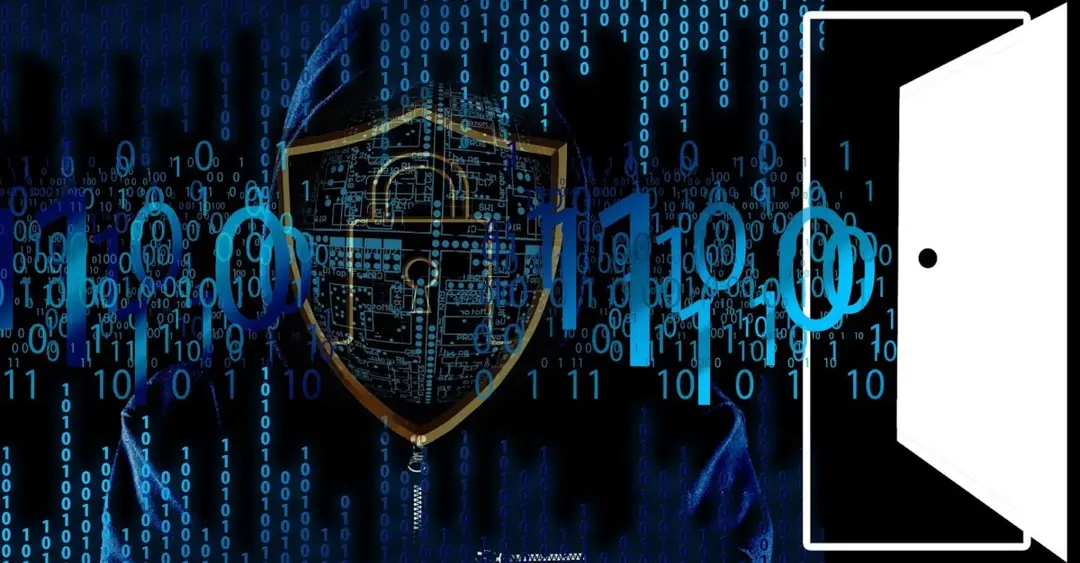Welcome to the Web3 world, where digital finance and applications are shown in a revolutionary way through the fusion of blockchain technology, cryptocurrencies, and a pioneering spirit. Are you overwhelmed by the wealth of terms in the Web3 world that you don’t understand? Are those slangs barriers for you to learn about Web3? Don’t worry! We’re here to explain the obscure terms to guide your learning. Today, we're diving into an essential development in the world of Web3: [Automatic Replay Protection].
Automatic Replay Protection in Web3 refers to mechanisms that prevent replay attacks. A replay attack occurs when a malicious actor intercepts and repeats a valid transaction. Replay protection ensures that transactions valid on one blockchain network cannot be maliciously repeated on another, especially after events like hard forks where two blockchains share a common history. This security feature is crucial for maintaining the integrity and security of transactions.
Automatic Replay Protection involves embedding specific markers or flags in transactions to distinguish them between different chains. This can be achieved through:
1.Unique Chain Identifiers: Adding a chain ID to the transaction ensures that a transaction intended for one chain cannot be replayed on another.
2.Custom Scripts and Signatures: Using unique scripts and signature mechanisms that are only valid on the intended blockchain.
3.Network-Specific Transactions: Structuring transactions in such a way that they are only valid on the network they were created for.
For instance, Ethereum introduced EIP-155, which added a chain ID to the transaction data to differentiate transactions between its mainnet and testnets. 1.Transaction Isolation: Ensures transactions are only valid on their originating blockchain.
2.Enhanced Security: Protects against replay attacks which could lead to double-spending or unauthorized transaction duplication.
3.Network Integrity: Maintains the integrity and trustworthiness of blockchain networks, particularly during and after network forks.
Types of Replay Protection
Preemptive Replay Protection: Implemented during the design phase to ensure that replay protection is integrated before any potential forks.
Post-Fork Replay Protection: Applied after a network fork to retroactively protect transactions between the forked chains.
Importance in Web3 Ecosystem
Automatic Replay Protection is vital for the Web3 ecosystem as it ensures the security and integrity of blockchain transactions. By preventing replay attacks, it protects users from potential losses and enhances trust in blockchain technology. This protection is especially critical during hard forks, where the risk of replay attacks is highest due to shared transaction histories.
User Experience and Innovations
While automatic replay protection significantly enhances security, it also introduces complexity. Innovations like user-friendly wallet interfaces and improved network protocols help manage these complexities, making replay protection more accessible to users without technical expertise. These tools ensure that replay protection is implemented seamlessly, enhancing both security and usability.
Despite its benefits, automatic replay protection faces challenges such as ensuring widespread adoption across all blockchain networks and maintaining compatibility with various transaction types. Additionally, the technical complexity of implementing replay protection can be a barrier for some projects, requiring ongoing efforts to simplify and standardize these mechanisms.
Automatic Replay Protection is a fundamental feature in Web3 that safeguards against replay attacks, ensuring the security and integrity of blockchain transactions. As Web3 continues to evolve, the implementation and refinement of replay protection mechanisms will play a crucial role in securing the decentralized digital economy. Understanding and leveraging automatic replay protection is essential for anyone involved in blockchain technology.

